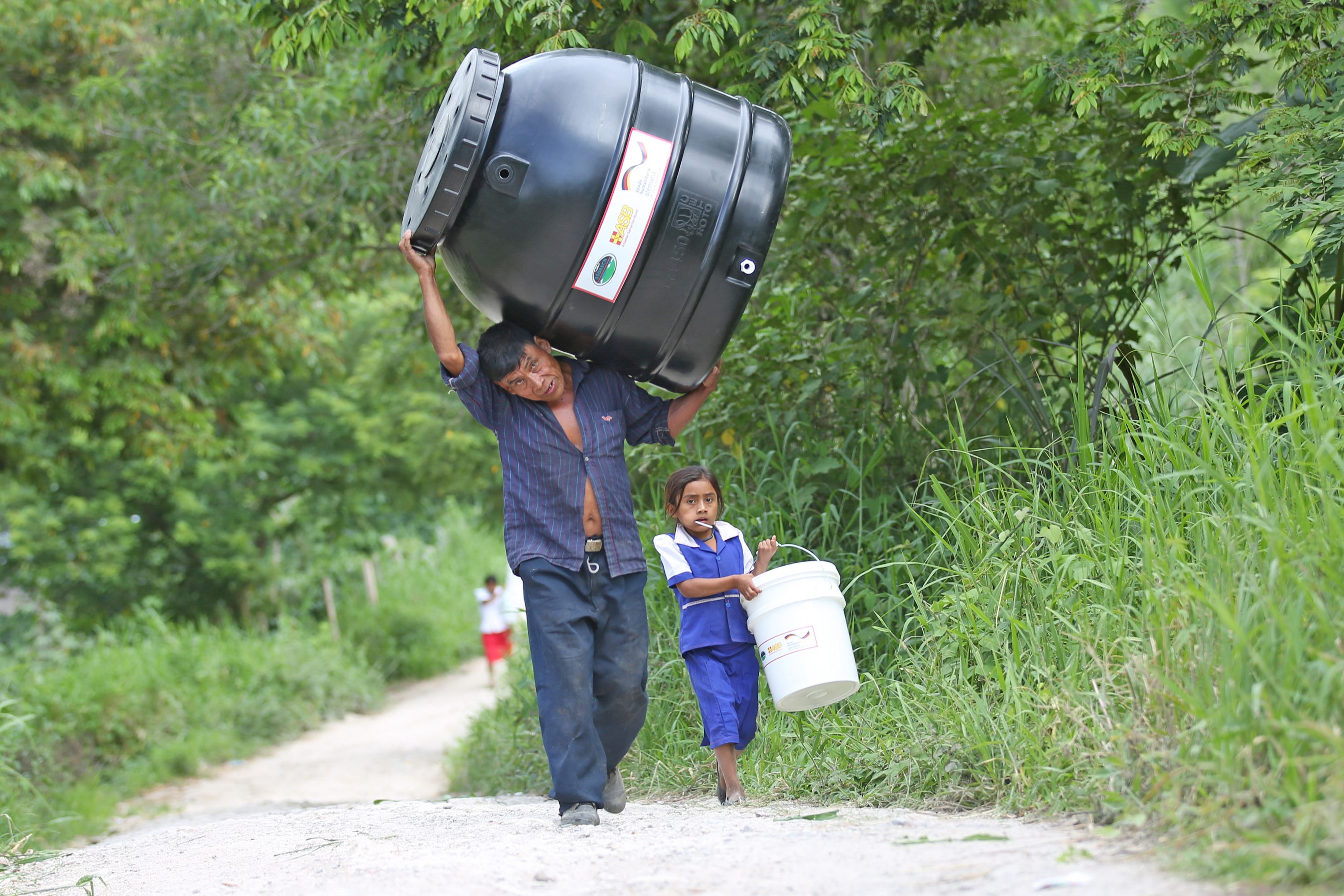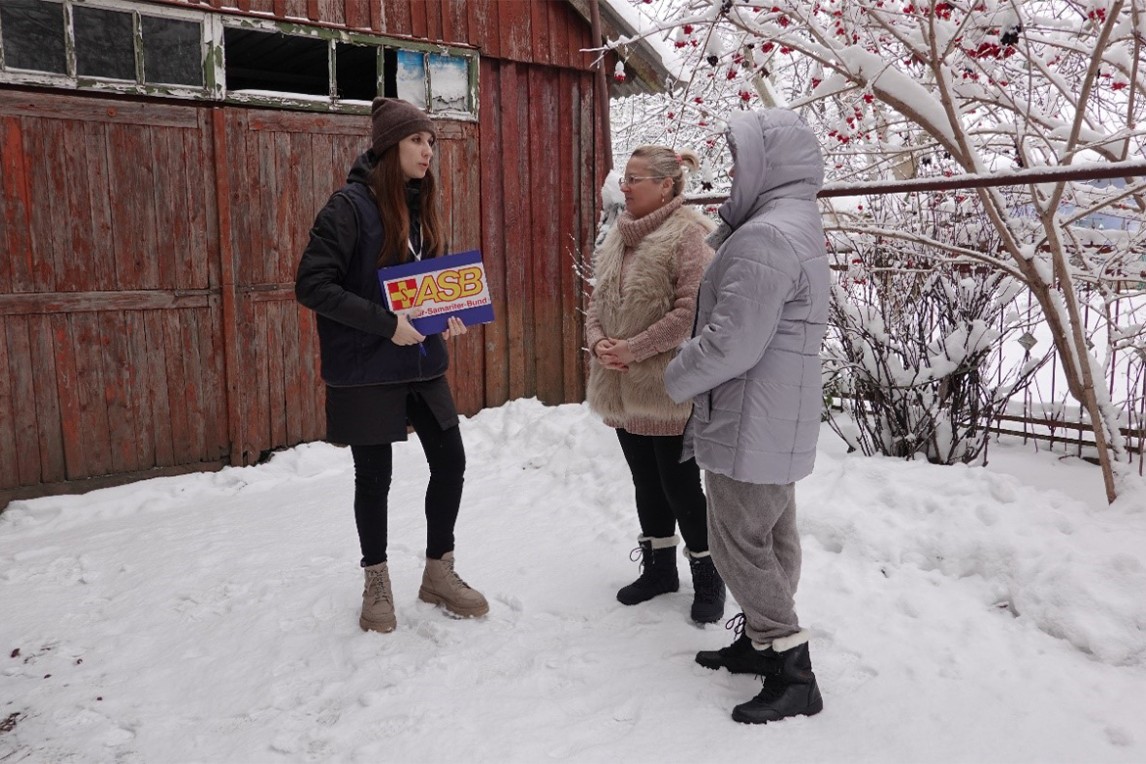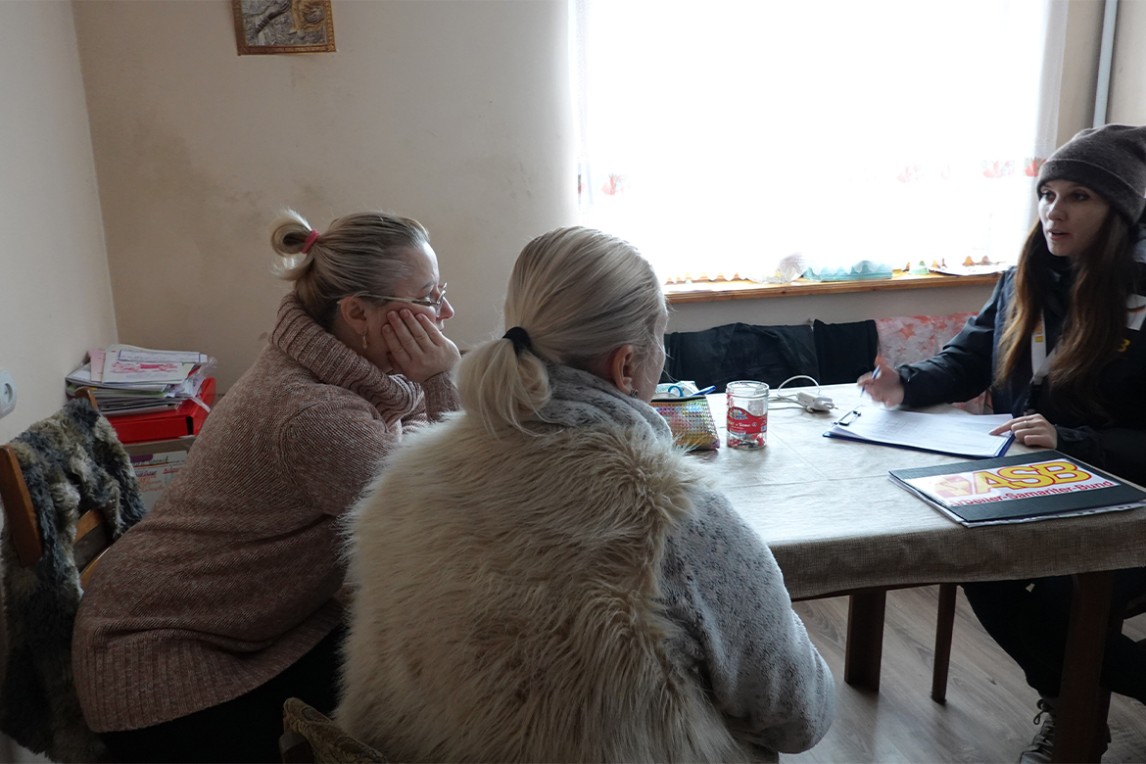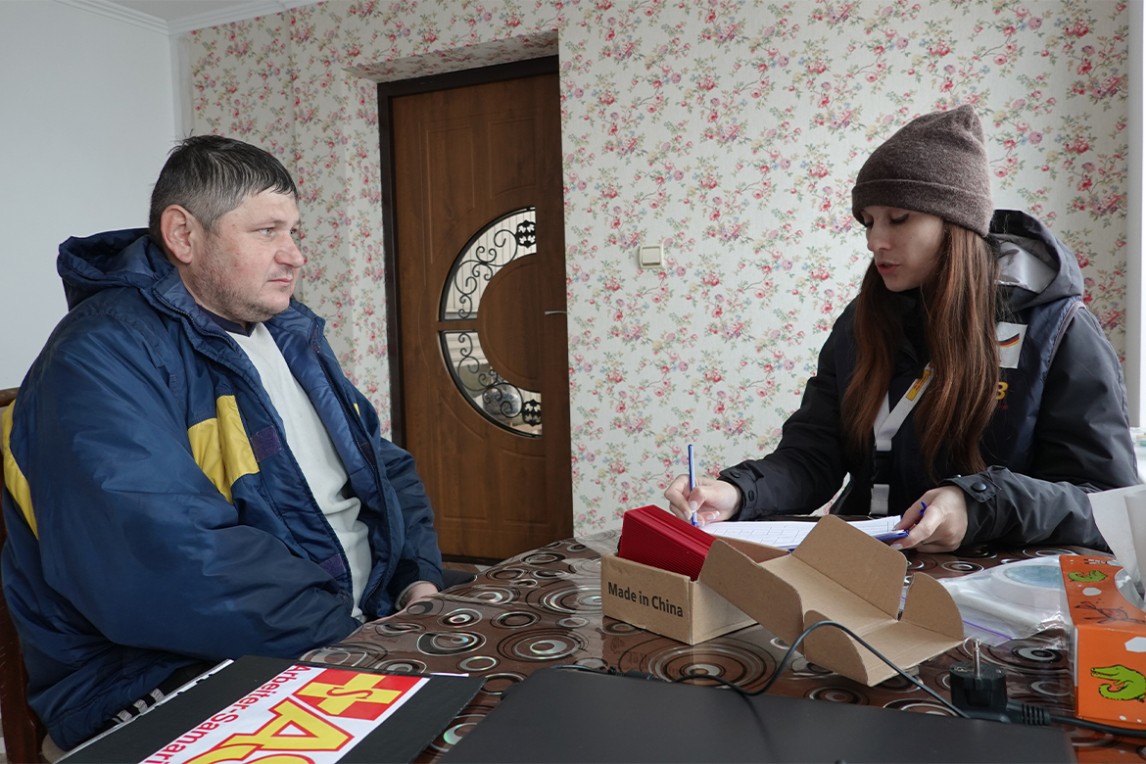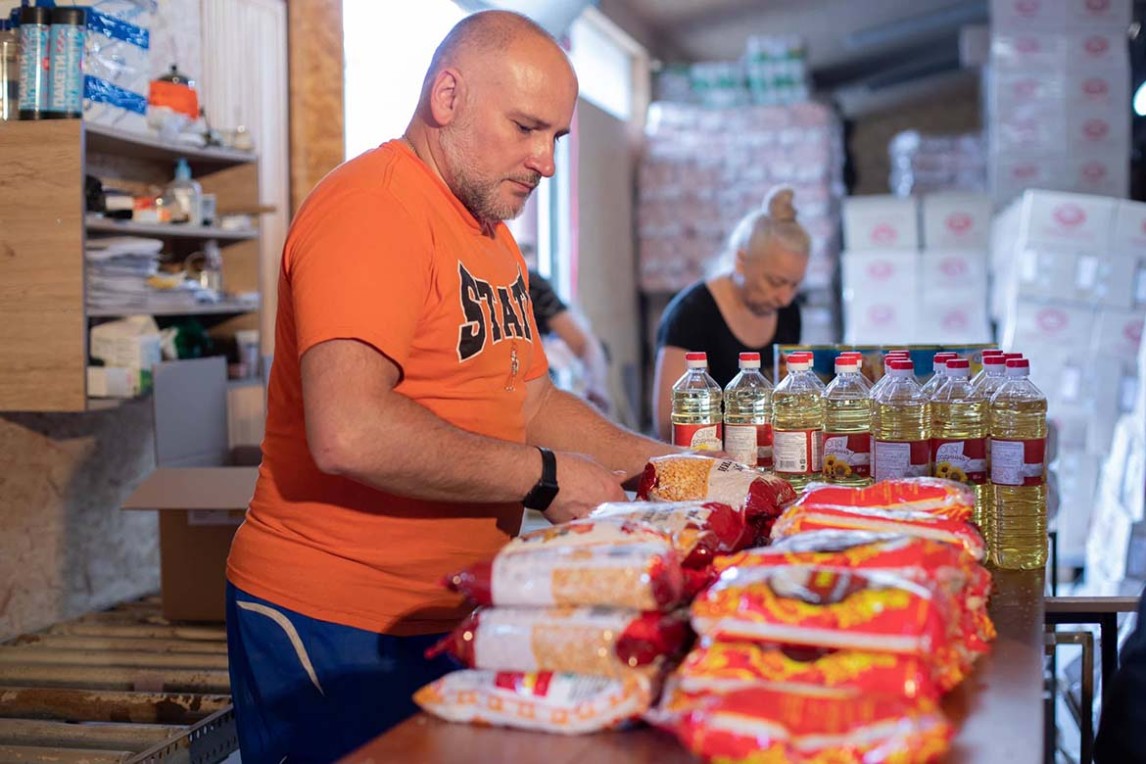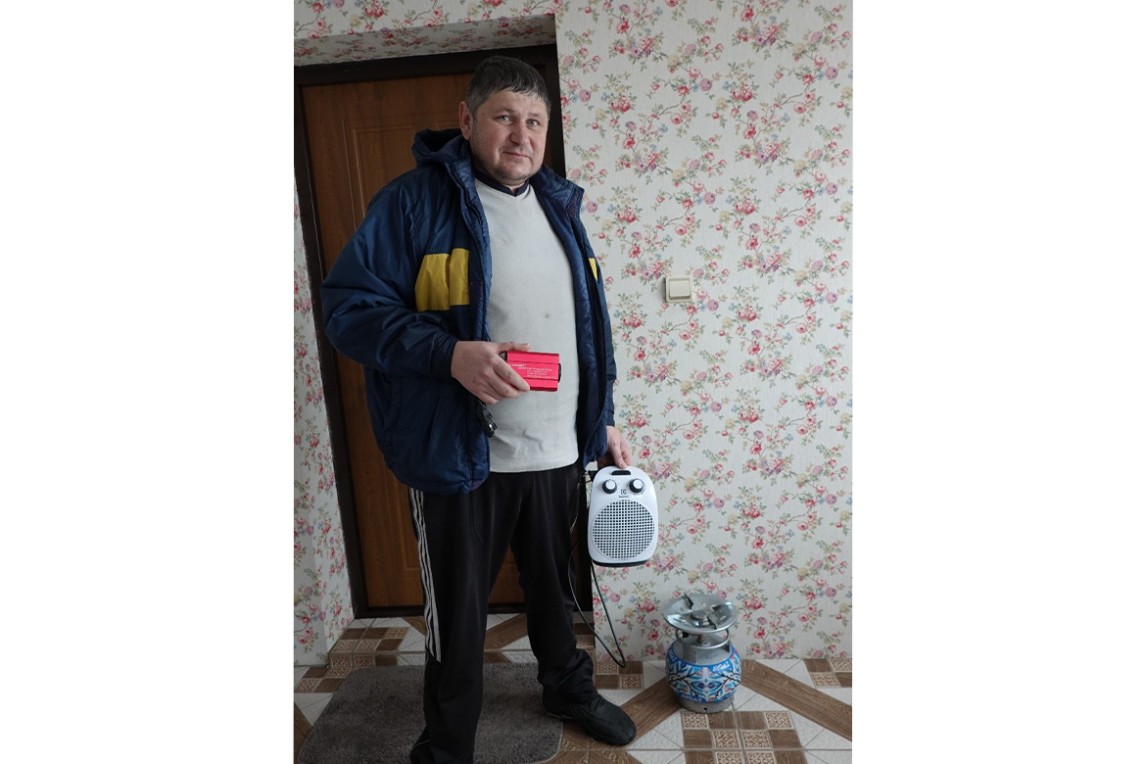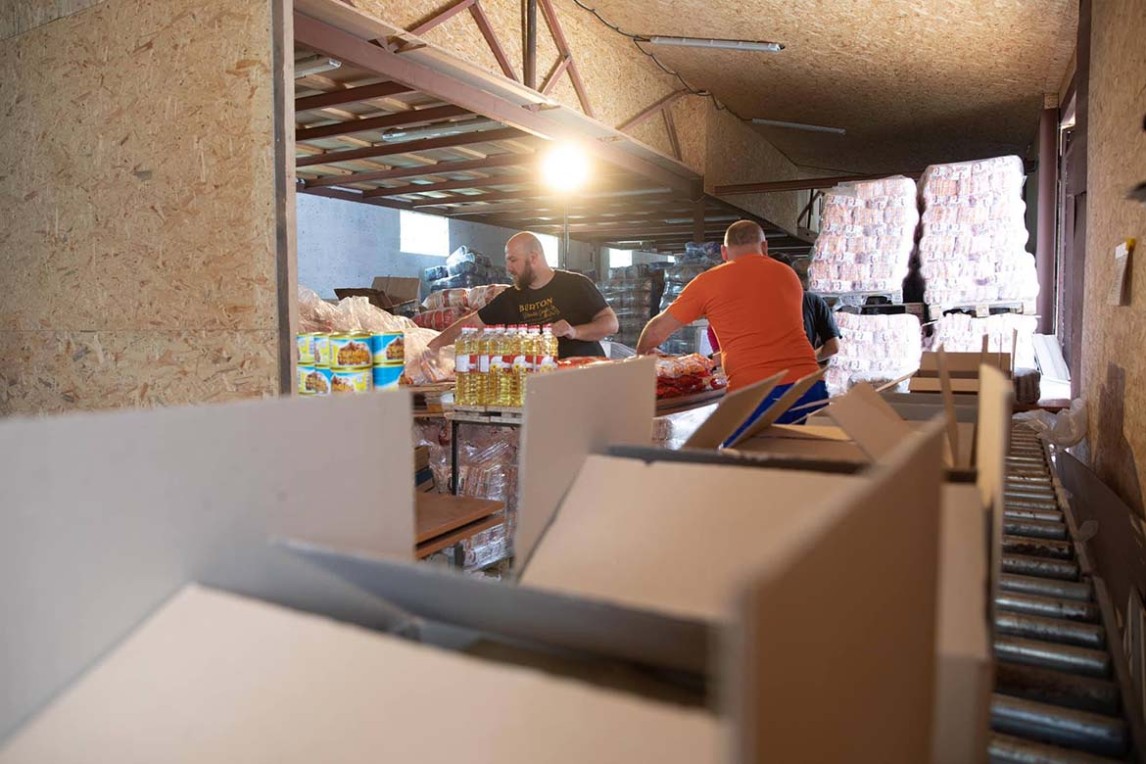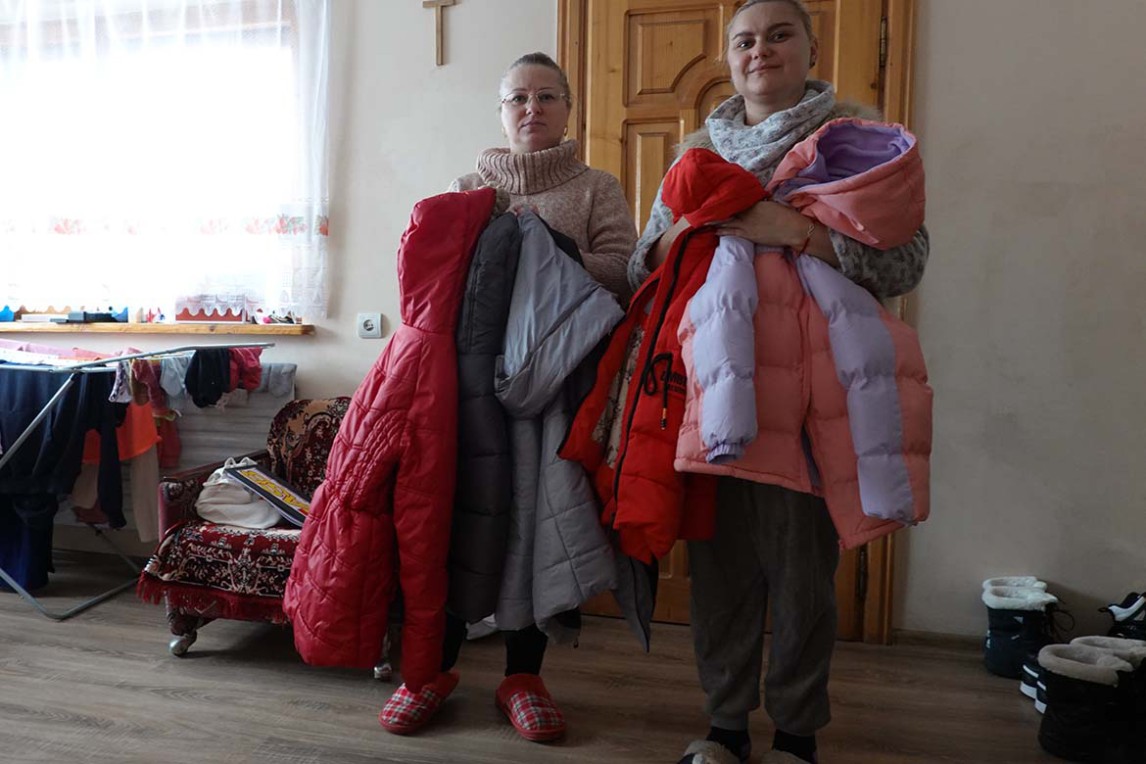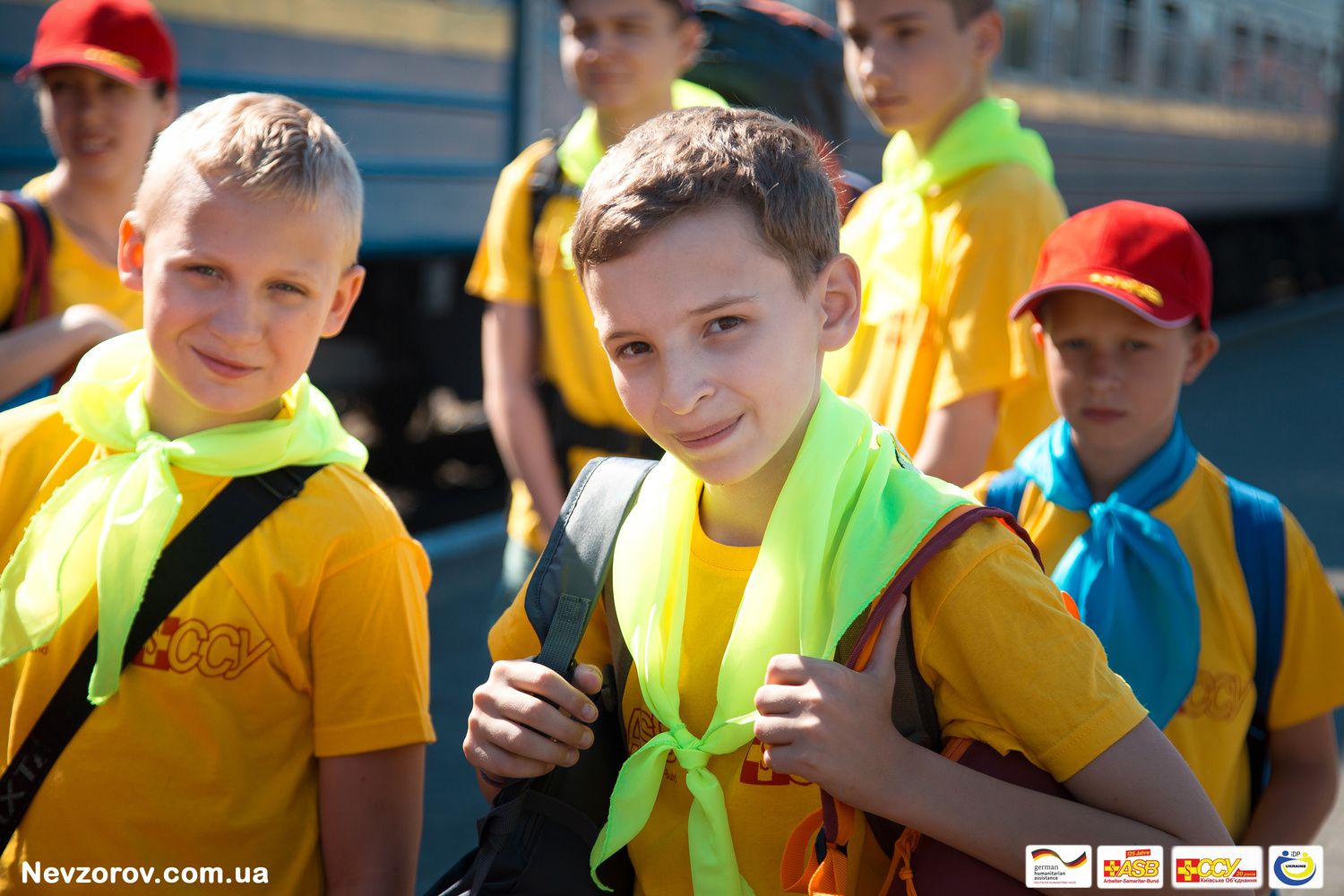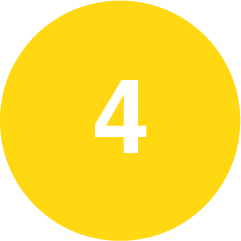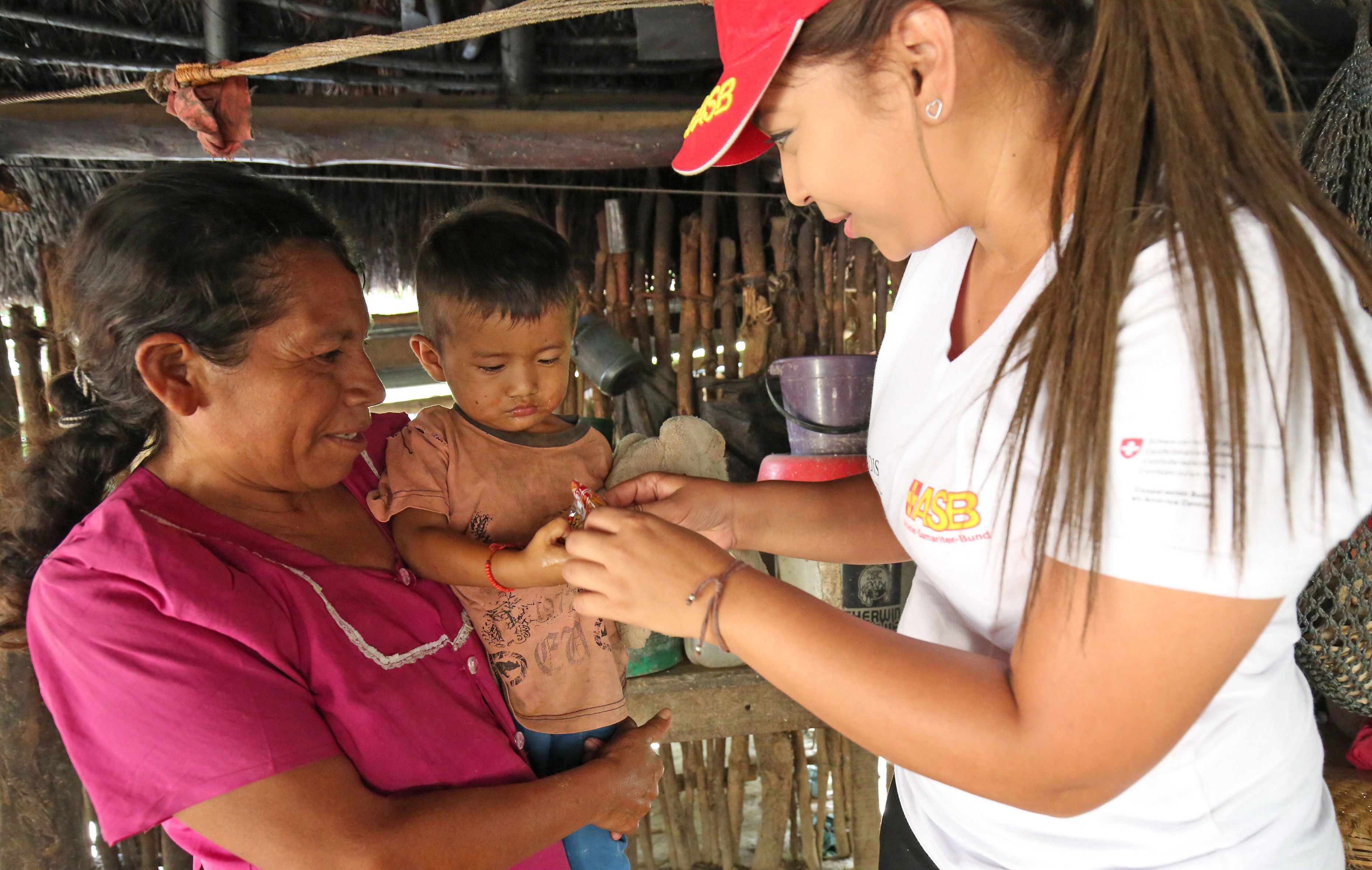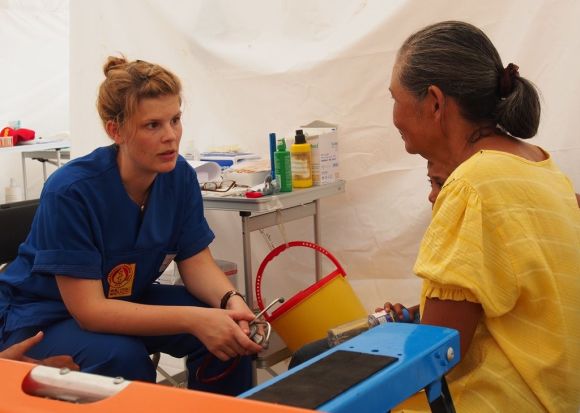-

Project title: Multisectoral humanitarian assistance in the form of money, supplies and services for basic needs, food security, hygiene, winter aid and psychosocial support to people along the line of contact in eastern Ukraine affected by the conflict
-

Project region: at the start of the project, eastern Ukraine, Luhansk and Donetsk Oblasts in particular; over the course of the project, also central and western Ukraine
-

Project financing: Federal Foreign Office
-

Project volume: approx. € 14.08 million
-

Project duration: 14/06/2021 - 13/06/2023 (24 months)
-

Target group: Internally displaced persons, vulnerable groups, including people with disabilities, the elderly, children or households run by women
